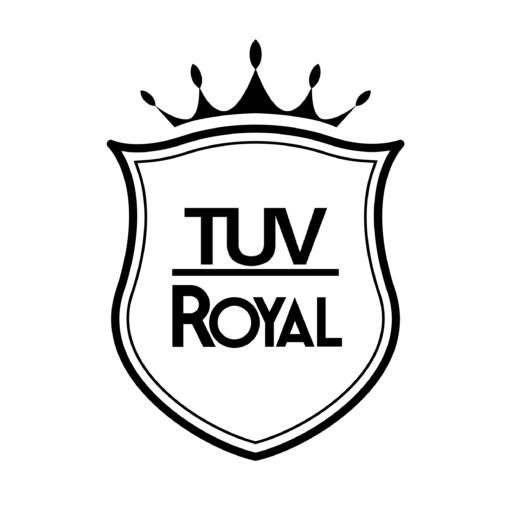Food
DIN EN ISO 22000 is the world’s only accepted and applied standard for food safety and defines the requirements for a food safety management system. It is a significant contribution to the risk management of a company.
With ISO 22000 certification, companies provide objective evidence that they meet the most stringent food safety requirements.
Its scope covers the entire food chain (production, processing, storage, transport, distribution and sale of food). This also includes companies which do not have a direct impact on food production (e.g., food suppliers, temporary staffing firms and cleaning companies, manufacturers of machines, disinfectants, food packaging, etc.).
The development of ISO 22000 is based on the demand for a uniform standard in the food sector and the standard was developed in 2001 by an international working group from 24 countries.
Order of ISO 22000 certification process
The certification audit is divided into two stages.
The stage 1 audit includes:
Examination of documentation: An auditor examines the documentation on site to determine whether the documentation of your quality management system is congruent with the requirements of the ISO 22000 standard. Essential test criteria refer to all essential processes relevant to food safety:
Before implementation: correct action planning
During implementation: correct control
After implementation: assessment of their effectiveness.
The auditor checks whether external framework conditions for the certification audit are available in stage 2. In this stage, possible deficiencies can be corrected effectively in order to successfully pass the certification audit.
The stage 1 audit is used to plan the certification audit and includes an operational management, monitoring of the measures essential for food safety and the documentation.
In Stage 2 Audit, the company’s certification audit takes place in the company (for example, primary producers, wholesalers, retailers, other companies in the supply chain).
The focus is on audit criteria such as the management system for food safety, the implementation of legal requirements, risk analysis, good hygiene practices (GHP), the Hazard Analysis and Critical Control Point (HACCP) and appropriate preventive programs.
The benefits of ISO 22000 for your company:
Documentation and proof of:
A food safety management system
Fulfillment of the highest food safety requirements to ensure the safety of food and consumers
The presence of legal conformity
An instrument and a concept
For the documentation of all measures
For implementation of food safety requirements
For determination of the risks to which your company as well as consumers are exposed
For the continuous improvement and monitoring of processes and procedures for food safety
For corrective actions (in case of deviations)
For checking the system’s suitability for ensuring food safety
Creates trust in stakeholders (customers and interested parties, new and potential clients, business partners)
Access to new sales markets and customer groups at home and abroad
Our audit experts offer tailor-made solutions / management systems to national small and medium-sized companies as well as to internationally active companies in order to achieve their goals.
Your advantages in working with us:
Security in planning and execution at an individual fixed price
Compact, unbureaucratic and flexible approach
Fast implementation through years of audit expertise
Shortened audit duration and certification in 6-12 weeks
